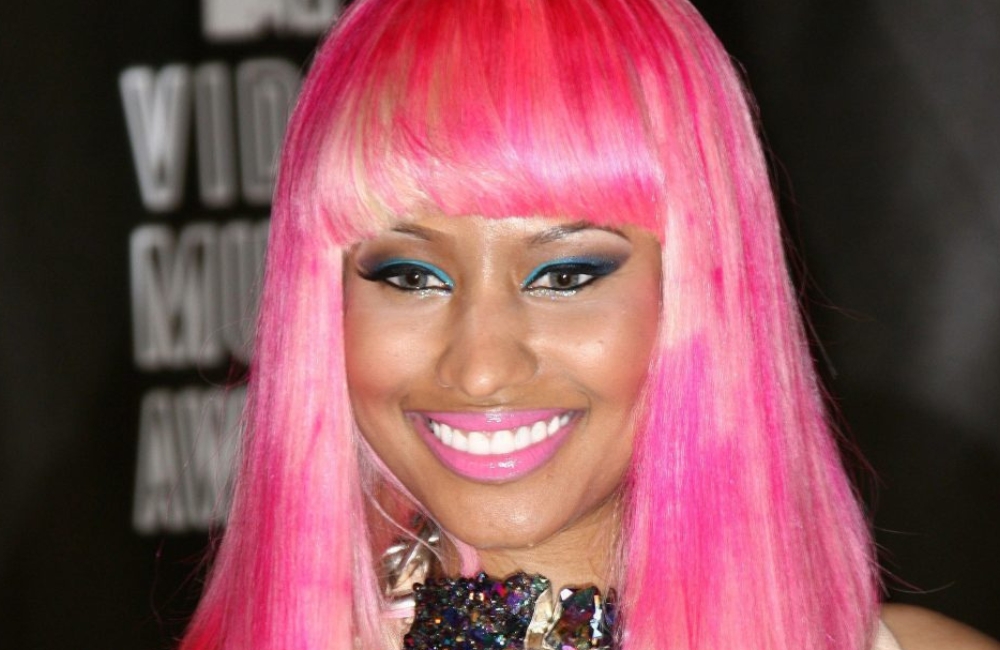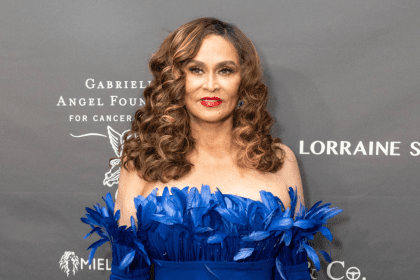The hip-hop world received a jolt this week when Nicki Minaj pulled back the curtain on her relationship with the Recording Academy, revealing an unexpected board invitation that she ultimately rejected. The revelation, delivered during a candid Stationhead livestream, has reignited discussions about Grammy politics and the complex dynamics between artists and the music industry’s most prestigious institution.
The board invitation
Minaj’s disclosure came during her livestream, where she detailed the Recording Academy’s approach to recruit her for their board of directors. The “Super Bass” artist acknowledged the gesture’s significance, describing it as extraordinarily gracious while simultaneously explaining her decision to decline.
She explained that her principles wouldn’t permit her to participate in something that fundamentally lacks credibility for her and anyone who truly comprehends the situation. The timing of this revelation proves particularly striking, occurring just months before the anticipated release of Pink Friday 2 in December.
The irony wasn’t lost on Minaj, who has accumulated numerous Grammy nominations throughout her career without securing a single victory. Her pointed question — what justification exists for her board participation when she lacks a Grammy — encapsulates years of frustration with the Academy’s recognition patterns.
Grammy tensions
Minaj’s complicated relationship with the Grammy Awards stretches back more than a decade, marked by controversial moments that have shaped her perspective on the institution. The most significant incident occurred in her career when she was scheduled to perform “Roman Holiday” at the Grammy ceremony.
Whitney Houston’s tragic death the day before the awards ceremony created an atmosphere of mourning that Grammy producers felt conflicted with Minaj’s planned exorcism-themed performance. Despite their attempts to cancel her appearance, Minaj proceeded with the controversial performance, which became one of the ceremony’s most discussed moments.
She reflected that the situation was completely illogical from the beginning, noting this happened after she had participated in multiple promotional campaigns with LL Cool J to advertise the Grammys. The incident crystallized her belief that the Academy’s decision-making process often lacks consistency and fairness.

Industry feuds
Minaj’s recent social media activity has extended beyond Grammy grievances to encompass broader industry conflicts. Her public statements targeting Jay-Z, Roc Nation CEO Desiree Perez, and Megan Thee Stallion have created significant buzz across entertainment platforms.
The most substantial claim involves her assertion that Jay-Z owes her between $100-200 million from her equity stake in Tidal’s sale. Minaj has indicated her intention to direct these funds toward her #StudentOfTheGame charity, which provides educational financial assistance to fans pursuing higher education.
She requested that Jay-Z contact her to resolve this karmic obligation, while maintaining her respect for him as an artist. This balanced approach demonstrates her ability to separate business disputes from artistic appreciation.
Escalating conflicts
The situation with Desiree Perez took a more serious turn when Minaj referenced legal proceedings involving Perez and allegations of misconduct. These accusations, combined with Minaj’s suggestions of a pattern of problematic behavior, have added another layer of complexity to her industry relationships.
Her renewed conflict with Megan Thee Stallion centers on a sexual harassment lawsuit filed by Megan’s former cameraman, which a judge recently allowed to proceed. Minaj has connected this development to previous tensions between the two artists, suggesting a cyclical nature to industry conflicts.
Looking forward
As Minaj continues to navigate these industry challenges, her stance represents a growing trend of artists demanding transparency and fairness from established institutions. Her willingness to decline prestigious opportunities based on principle sends a powerful message about the importance of authentic representation in industry governance.
The Recording Academy‘s invitation, while potentially well-intentioned, highlights the disconnect between institutional gestures and meaningful change. Minaj’s response suggests that true progress requires more than symbolic inclusion — it demands fundamental reforms in recognition patterns and decision-making processes.
Her ongoing conflicts with industry figures will likely continue to unfold publicly, given social media’s role in modern celebrity communication. As Pink Friday 2 approaches, these revelations serve as both promotional strategy and genuine expression of artistic frustration, ensuring that Minaj remains at the center of industry conversations while advancing her career on her own terms.














